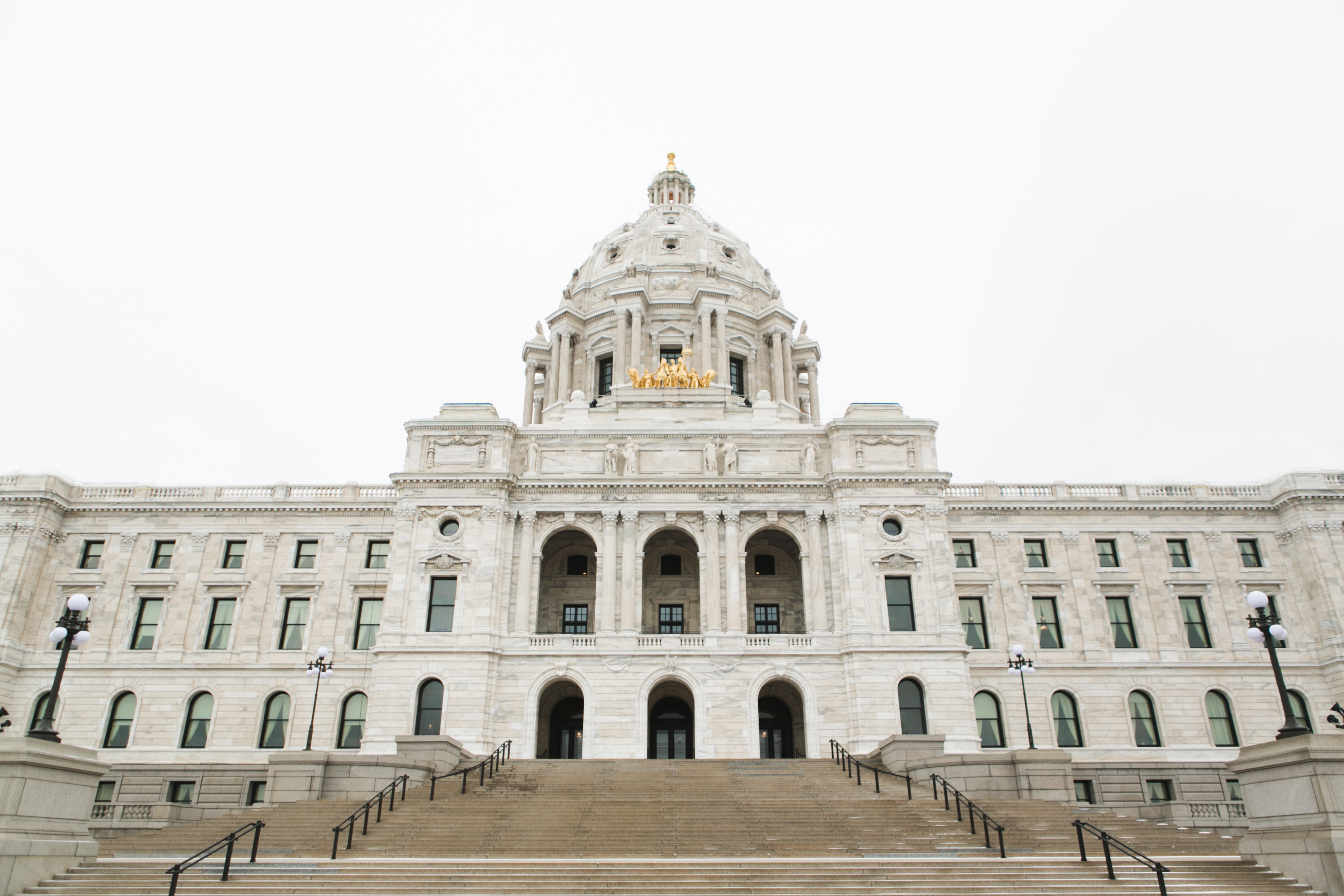With COVID-19 cases spiking and a new round of government ordered business closures, the legislature on Monday met for the 7th special session of the year and passed a financial relief package aimed at helping struggling businesses.
House and Senate negotiators worked through the weekend to hammer out final details, including:
- $102.5 million for counties to make grants to eligible businesses and nonprofits. Each county would receive the greater of $200,000 or a per capita amount based on its 2019 population;
- $100 million to businesses that provide on-site food and beverages; including bars, restaurants, breweries and wineries; bowling alleys; and fitness or sports recreation centers. Payment amounts would be based on the number of workers; and
- 13-week extension of unemployment benefits.
Help for Schools?
The November budget forecast showed a $118 million decline in E-12 spending, largely due to 12,600 fewer students in the state’s enrollment system. Compensatory revenue for this school year is down as well because it is based on the fall of 2019, pre-pandemic free and reduced count. Legislative leaders were cool to the idea of including significant financial relief to schools in the business relief package for the December special session.
Free-Reduced Application Extension
The Minnesota Department of Education, along with several school districts, asked the legislature to extend the Dec. 15 cut-off date for schools to collect free and reduced applications. With the USDA providing a fee meal waiver for the entire school year and distance learning leaving gaps between school-family interactions, many schools have struggled to collect FRE applications for many families they know previously qualified.
The legislature included a 20-day extension for schools to keep seeking FRE applications from families. The special session bill extends the deadline to Jan. 4, 2021.
While there aren’t many business days in this window, and even fewer educational days, it does give one last chance for district staff to reach out to families. This year’s FRE count impacts next year’s compensatory revenue for educational programming.





